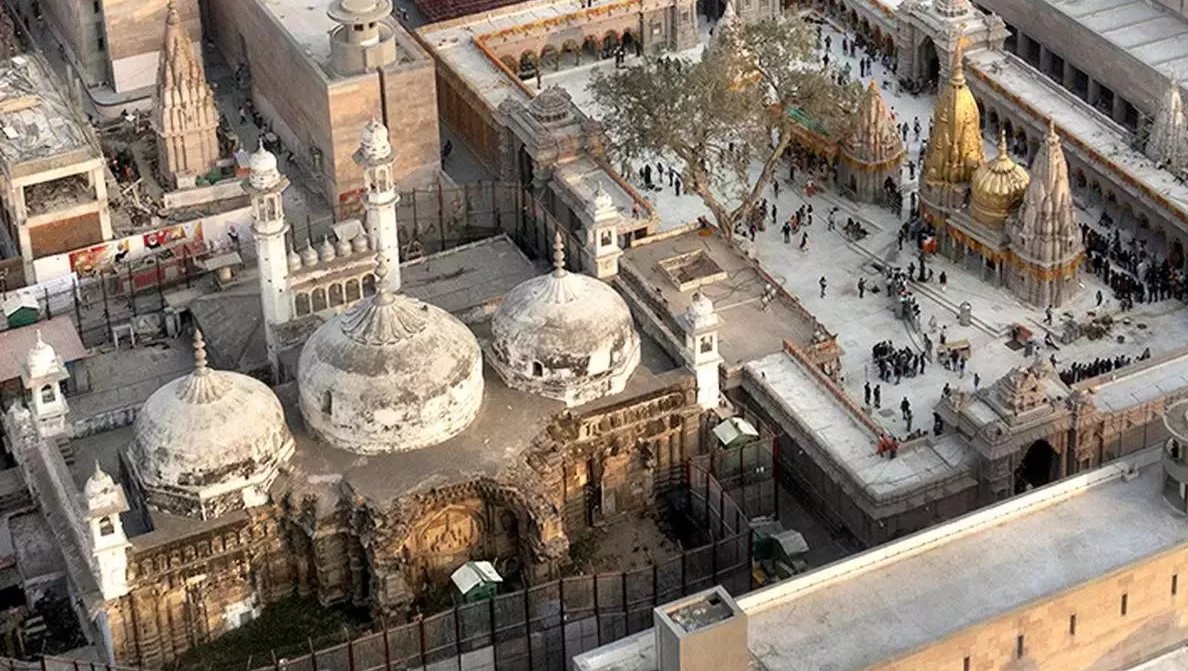

Allahabad : In a significant development on Tuesday, the Allahabad High Court dismissed objections raised by the Muslim side regarding the maintainability and the ASI survey in the Gyanvapi Mosque case in Varanasi. The court rejected petitions filed by the Anjuman Intejamia Masjid Committee and five other petitioners. Notably, the High Court deemed the civil suit filed by the Hindu side in the Varanasi court as eligible for consideration, rejecting arguments from the Mosque Committee and the Waqf Board.
The petitions from Anjuman Intezamia Masajid Committee (AIMC) and the Uttar Pradesh Sunni Central Waqf Board contested a Varanasi court order from April 8, 2021, which directed a comprehensive survey of the Gyanvapi Mosque. Justice Rohit Ranjan Agarwal reserved judgment on December 8 after hearing both petitioners’ and respondents’ counsels.
According to the Hindu side, the Gyanvapi Mosque is an integral part of the temple, while the Muslim side, represented by the Anjuman Intezamia Masajid Committee and the UP Sunni Central Waqf Board, argued that the suit is barred by the Places of Worship Act (Special Provisions) Act of 1991. This act restricts altering the character of religious places as of August 15, 1947.
The court set a six-month timeline for completing the hearing of the case.
Only the survey conducted by ASI (Archaeological Survey of India) will be deemed valid.
The Hindu side can file an application if they wish to conduct additional surveys.
Three petitions were related to the maintainability of the 1991 case filed in the Varanasi court.
The remaining two applications challenged the ASI’s survey order.
The Muslim side argued that the Places of Worship Act of 1991 prohibits the hearing of Adi Vishweshwar’s case. Conversely, the Hindu side contended that since the dispute predates independence, the Places of Worship Act does not apply to the Gyanvapi dispute.
The court’s decision marks a significant development in the long-standing legal battle over the Gyanvapi Mosque, setting the stage for further proceedings.